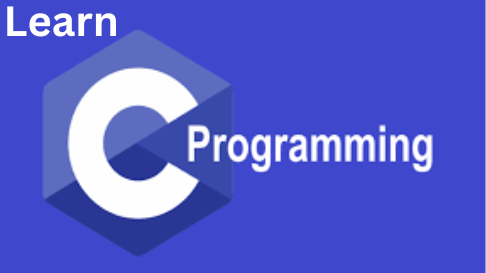C++ Features
C++ is a versatile and powerful programming language that offers a wide range of features. Below are some of the key features and characteristics of C++:Object-Oriented Programming (OOP): C++ is a multi-paradigm language that supports object-oriented programming. It allows you to define and manipulate objects, which bundle data and functions together, making it easier to model real-world entities and their interactions.
Classes and Objects: C++ allows you to define classes, which serve as blueprints for creating objects. Objects are instances of classes and can have their own data members (attributes) and member functions (methods).
Inheritance: C++ supports inheritance, allowing you to create new classes (derived classes) based on existing classes (base or parent classes). This promotes code reuse and supports the "is-a" relationship between classes.
Polymorphism: C++ supports polymorphism, which allows objects of different classes to be treated as objects of a common base class. This is achieved through function overloading and virtual functions.
Encapsulation: C++ supports data hiding and encapsulation, which means that the internal details of a class can be hidden from the outside world, and access to class members can be controlled through access specifiers (public, private, protected).
Abstraction: C++ allows you to create abstract data types (ADTs) and abstract classes, which define interfaces without providing concrete implementations. This promotes a higher level of abstraction and modularity in code.
Templates: C++ features template metaprogramming, which allows you to write generic code that works with different data types. This is commonly used for creating generic data structures like vectors and containers.
Standard Template Library (STL): C++ provides a powerful library of data structures and algorithms through the STL. It includes containers (such as vectors, lists, and maps) and algorithms (like sorting and searching) that can be readily used in your programs.
Multiple Inheritance: C++ supports multiple inheritance, allowing a class to inherit from more than one base class. However, this feature should be used with caution to avoid the diamond problem and maintain code clarity.
Operator Overloading: C++ allows you to overload operators, which means you can define custom behaviors for operators like +, -, *, etc., when applied to objects of your classes.
Exception Handling: C++ provides exception handling mechanisms (try, catch, throw) for dealing with runtime errors and exceptional situations in a structured manner.
Dynamic Memory Allocation: C++ allows you to allocate and deallocate memory dynamically using operators like new and delete. This can be useful for managing memory efficiently.
Pointer and Reference Types: C++ supports pointers and references, giving you fine-grained control over memory and allowing you to work with data directly in memory.
Low-Level Programming: C++ provides features for low-level programming, such as direct memory manipulation and bitwise operations, making it suitable for systems programming and embedded systems development.
Standardization: C++ is standardized by the ISO C++ Standard, which ensures that the language is well-defined and portable across different platforms and compilers. language is well-defined and portable across different platforms and compilers.
Performance: C++ is known for its performance, as it allows for efficient memory management and direct hardware access when needed, making it a preferred choice for system-level programming and performance-critical applications.
These features make C++ a versatile language that can be used for a wide range of applications, from desktop software development to game development, system programming, and more. However, with its power comes a greater responsibility for managing memory and ensuring code correctness, making it important to write C++ code carefully and with attention to best practices.



.png)
.png)
.png)

0 Comments